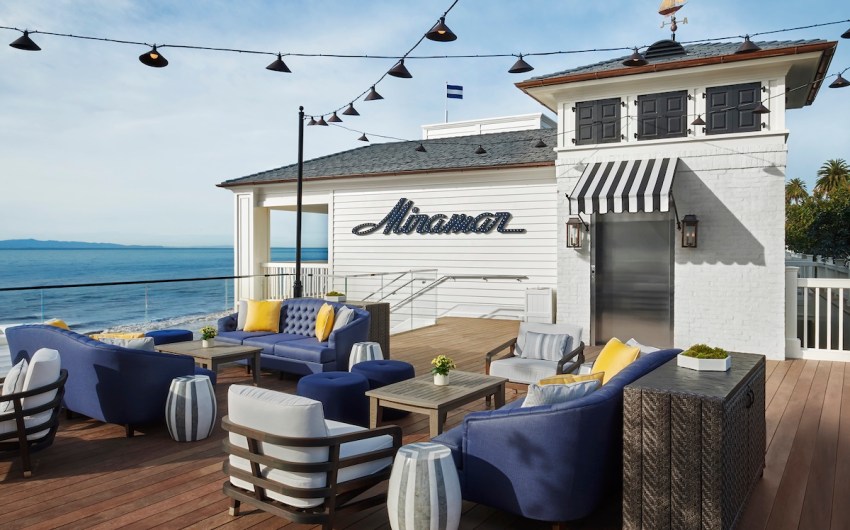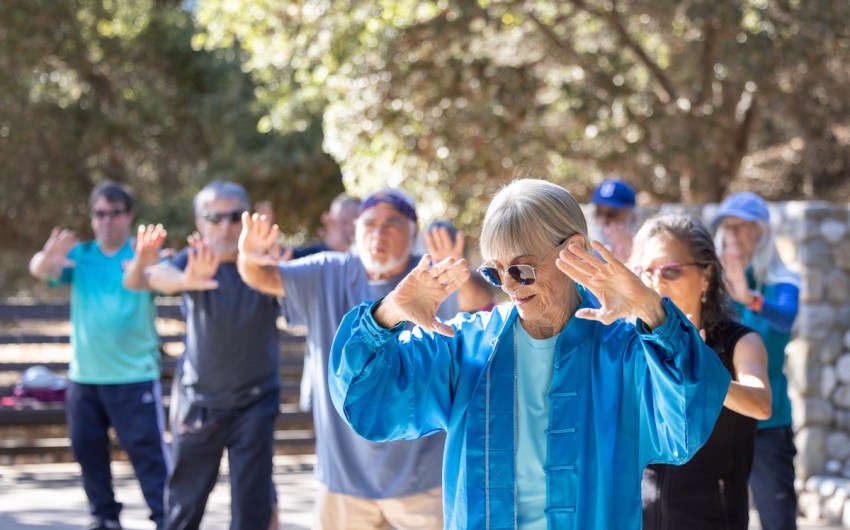Book Review | ‘Noir Bar: Cocktails Inspired by the World of Film Noir’ by Eddie Muller
A Recipe for Drinking Like the Stars of Old

Not every book can help you fill your Nick and Nora coupes and your evening’s film-watching playlist, but Noir Bar does both with elan. That’s not too surprising given the author is Eddie Muller, host of Turner Classic Movies’ Noir Alley, on which he curates and provides intros to generally 1940s noir from well-known classics like The Big Sleep to the B-est of B-pictures, like The Devil Thumbs a Ride. Although the book is full of gorgeous photography from the shadow-soaked films to the shots of the drinks, it’s not just some coffee table symbol of class. On the facing page to the Contents there’s a still of little known Virginia Field from even lesser known Dial 1119, and while there’s a quote from Arlen & Mercer’s “One for My Baby (and One More for the Road),” it alludes to Ida Lupino singing the ballad in Road House. Take that, Ol’ Blue Eyes.
As for his bar bona fides, Muller insisted there would be a working one on his Noir Alley set at TCM. (No word whether it will get removed with this week’s cutbacks from corporate, but I’ll get to that in a bit.) He certainly knows his stuff, consistently tipping his hat to original sources for the drinks he pairs with each film — a favorite shout-out is the classic 1930 Savoy Cocktail Book — and creating a few unpretentious and tasty-sounding cocktails on his own. Plus he’s good at adding extra-film trivia points. Take the gin martini he pairs with the brilliant, bitter Sweet Smell of Success; he provides a variation on the one Luis Buñuel provided in his memoir My Last Sigh. (You shake the dry vermouth with the ice and pour it off before continuing.)
Obviously cocktail recipes books are generally not meant for a read as much as research; you’re expected to dive in, drawn by your love for In a Lonely Place (one of Muller’s favorite films) or your desire to do something with bourbon — the helpful index will point you towards six recipes, so perhaps you end up making a Zeena in honor of Nightmare Alley. But it’s easy to find yourself suddenly two, five, or ten more entries into the alphabetically-ordered book, intrigued by a film you don’t know or a star you’d never heard of, attracted to the fittingly paired Merry Widow cocktail and Hitchcock’s stirring glimpse at the underbelly of suburban America, Shadow of a Doubt.
In his introduction Muller stresses the key to being a top barkeep isn’t as much voluminous craft knowledge as ACE — attitude, conviviality, efficiency. He certainly manages the first two with his witty banter and confident opinions, as when he asserts, “I won’t order Bloody Marys in bars or restaurants because you usually get a brackish, watery mess that can’t be finished — if you find your way through the salad bar piled on top.” (His solutions are roll, don’t shake, the drink and don’t serve on ice.) The efficiency mostly comes from not suggesting any too exotic an ingredient; he might call for at most three kinds of bitters in the whole volume, which is unheard of restraint in the current world of mixology.
He’s also good at dishing some celeb dirt, and that seems fitting as bar talk. He relates a story from the set of Angel Face, on which director Otto Preminger made star Jean Simmons’ life hell, as per the orders of RKO studio head Howard Hughes, who was pissed Simmons turned down his advances. Co-star Robert Mitchum had a scene in which he had to slap Simmons, and Preminger asked for take after punishing take, until Mitchum “smacked Preminger across the kisser, asking, ‘You mean like that, Otto?’”
Muller also makes sure to stress that while as a noir expert his work might be sponsored by the Bureau of Alcohol, Tobacco, and Firearms, we might not want to glamourize this world of sin and sex bathed in low-key lighting too much. His The Big Clock entry lauds Kenneth Fearing, who penned the source novel, but he’s also sure to point out, “Alcohol played its part in his work — not for the better where his health was concerned. One of his most famous quotes shows intimate familiarity with long weekends: ‘The awfulness of Monday morning is the world’s great common denominator.’”
Of course the book parades a bevy of fatale femmes, from Linda Darnell to Lizbeth Scott, Rita Hayworth to Jane Greer, but Muller doesn’t dwell on anyone’s hubba-hubba-ness too much. He takes the tropes of noir in stride, clear they reflect the 1940s more than project anything anyone might aspire to. And he reserves his highest acclaim for Barbara Stanwyck, and who can argue with him there? He praises her versatile acting chops, from melodrama to screwball, but when he picks a noir to write about, he passes on Double Indemnity, instead writing about The Strange Love of Martha Ivers. He does like to go geeky in his choices, but that makes the book less rote.
… All I can say is “Cheers!” to a book that introduces me to a film like the oddball Suspense and its ice-skating star Belita — in one scene “she takes a few ‘death-defying’ leaps through a ring of swords while dressed in a skimpy leather dominatrix outfit.” Muller then offers up the Belita cocktail, which is, of course, frozen.
This review originally appeared in the California Review of Books.











You must be logged in to post a comment.